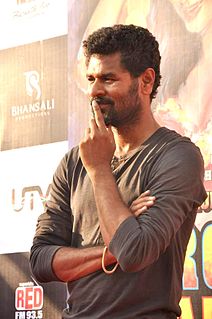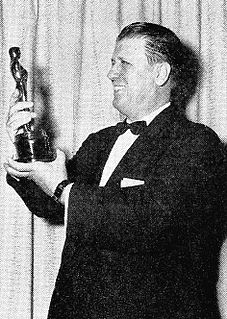A Quote by Clint Eastwood
In America, instead of making the audience come to the film, the idea seems to be for you to go to the audience. They come up with the demographics for the film and then the film is made and sold strictly to that audience.
Related Quotes
It's very important that a film that intends to play tricks on the audience... has to play fair with the audience. For me, any time you're going to have a reveal in the film, it's essential that it have been shown to the audience as much as possible. What that means is that some people are going to figure it out very early on. Other people not til the end. Everybody watches the film differently.
I think the biggest challenge was being aware of a certain audience that was going to see this film [lone survivor]. There's a big difference from a typical movie, journalists and critics and film goers that go see it find that, that's the general experience you have as a filmmaker. So that just kind of proves my point that there's a really different audience.
The first thing I say when people ask what's the difference [between doing TV and film], is that film has an ending and TV doesn't. When I write a film, all I think about is where the thing ends and how to get the audience there. And in television, it can't end. You need the audience to return the next week. It kind of shifts the drive of the story. But I find that more as a writer than as a director.
As a filmmaker, I believe in trying to make movies that invite the audience to be part of the film; in other words, there are some films where I'm just a spectator and am simply observing from the front seat. What I try to do is draw the audience into the film and have them participate in what's happening onscreen.




































